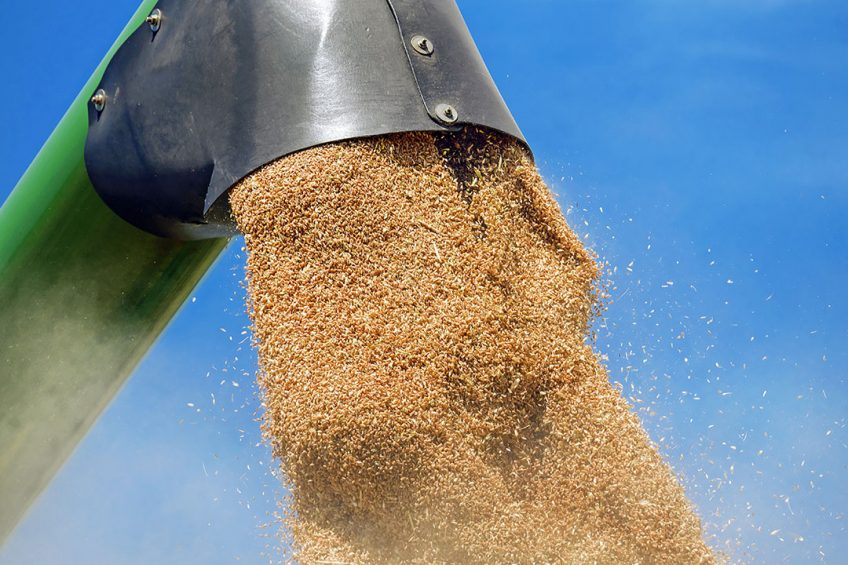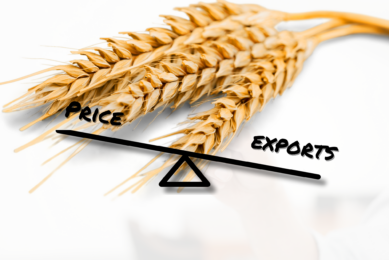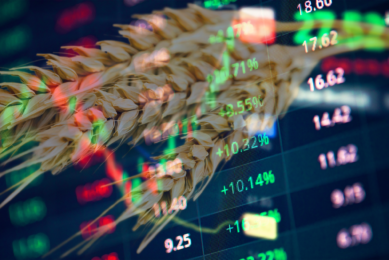Russia blames USDA for grain price rise amid production concerns

The price for Russian wheat jumped from $268 per tonne to $295 per tonne in August and was set to exceed $300. This is according to the Russian Gazette, a Russian government publication. The report cited Vladimir Petrichenko, general director of the Russian analytical firm ProZerno.
The former forecast by USDA was inadequately optimistic, while the new one is inadequately pessimistic.
USDA’s pessimistic forecast for Russia’s grain production
Both French and US wheat have already surpassed the $300 mark, Petrichenko added. To some extent, the new round of upward price rally on the global market was associated with a renewed USDA forecast, which lowered the projection of the Russian grain production from 85 million tonnes to 72.5 million tonnes in 2021/22.
“The former forecast by USDA was inadequately optimistic, while the new one is inadequately pessimistic,” said Petrichenko. “This only confuses buyers.”
Russia stands by grain forecast of 127.4 million tonnes
Russia is expected to collect 123 million tonnes of grain, including 77.1 million tonnes of wheat, Petrichenko said. The Russian Agricultural Ministry forecast stands at 127.4 million tonnes of grain and 81 million tonnes of wheat.
In 2020/21, Russia collected 133.5 million tonnes of grain, less than 2 million tonnes below the all-time record of 135.4 million tonnes. As explained by Dmitry Patrushev, the Russian Agricultural Minister, this summer’s unfavourable weather conditions in Central Russia and Volga region were partly compensated by a good harvest in the southern part of the country and Siberia.
Russia’s wheat tax to control price hike
Domestic prices for Russian wheat also rose sharply, buoyed by demand from exporters and domestic consumers. Russia started a flat tax on wheat exports in February 2021 and switched to floating duties in June to constrain prices on the domestic market and tame food inflation. The floating duty increased to $31.70 a tonne this week, compared with $30.40 in August.
Russian farmers holding grain back
However, there are signs that the export duty is now working against the Russian government, pushing farmers to save grain, waiting for better terms. Russian grain exporters blame USDA for the current price turbulence.
“In a situation where the price damper took place, farmers and domestic traders began holding back wheat stocks, which can lead to an even greater rise in domestic prices than we saw before the introduction of the damper. This is a very alarming situation: in fact, one publication cancelled out the entire government’s efforts aimed at stabilising the domestic grain market,” said Eduard Zernin, chairman of the Russian Union of Grain Exporters.
Most livestock companies in Russia anticipate a substantial rise in feed prices in the next few months. Expensive feed is believed to hamper the Russian meat industry’s profitability in 2021.











